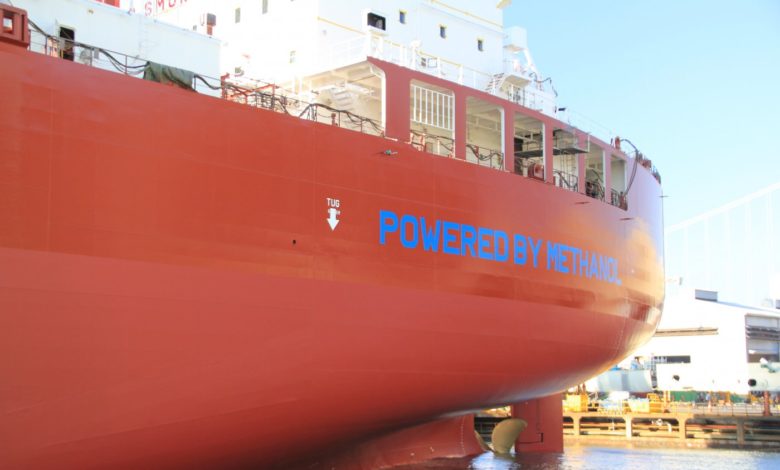Academics set to define new fuels’ sustainability credentials

As shipping scrambles to find its future non-polluting fuel no official sustainability standards or related certification schemes are in place to ease the confusion.
This missing part of the fuel conundrum could be set to change however with news that the Sustainable Shipping Initiative (SSI) and Copenhagen Business School (CBS) are partnering to define criteria for new fuels’ sustainability credentials and to facilitate their certification.
Today, we have no clarity nor consensus on the sustainability issues surrounding the fuels being explored
The partnership will see the development of a set of sustainability criteria for marine fuels, applying these criteria to assess the alternative fuels currently being explored for zero-emission shipping. The criteria will also feed into a number of decarbonisation initiatives across the maritime and energy sectors. SSI will subsequently engage with certification bodies to facilitate the development of a sustainability standard or certification scheme for marine fuels.
The collaboration is carried out under the Green Shipping Project, an international research partnership managed jointly by CBS and the Centre for Transportation Studies at the University of British Columbia’s (UBC) Sauder School of Business in Vancouver.
High-quality academic research is pivotal in creating new scientific knowledge that industry does not possess
The Green Shipping Project was launched in 2017 and is a collaboration of 18 universities and 19 government, industry, and NGO partners funded by the Social Sciences and Humanities Research Council of Canada.
Andrew Stephens, executive director at SSI said the new partnership would contribute thought leadership to the broader debate currently underway in the maritime sector.
“Today, we have no clarity nor consensus on the sustainability issues surrounding the fuels being explored for shipping’s decarbonisation, and the criteria to assess their sustainability remain undefined. This work will contribute to this debate and ultimately, inform the selection of one or more winning options for zero-emission shipping,” Stephens said.
Dr Henrik Sornn-Friese, co-director of the Green Shipping Project and an associate professor at CBS, commented: “We believe that university-industry collaboration is critically important for the achievement of sustainable growth and industry transformation, commercialisation and competitiveness, as well for the advancement of academia and higher education. High-quality academic research is pivotal in creating new scientific knowledge that industry does not possess, nor can create on its own. Our partnership with SSI is extraordinary in bringing together a global network of stakeholders in resolving one of the biggest challenges in today’s international maritime shipping.”

We have designed the green Universal Cargo+Docking Solutions which is EXACTLY SUSTAINABLE SHIPPING.
Visit http://www.frebsmarine.com for full details.
This is the solution to port congestion in ports worldwide and will reduce pollution, save time and costs
and shorten the supply chain by days and weeks.